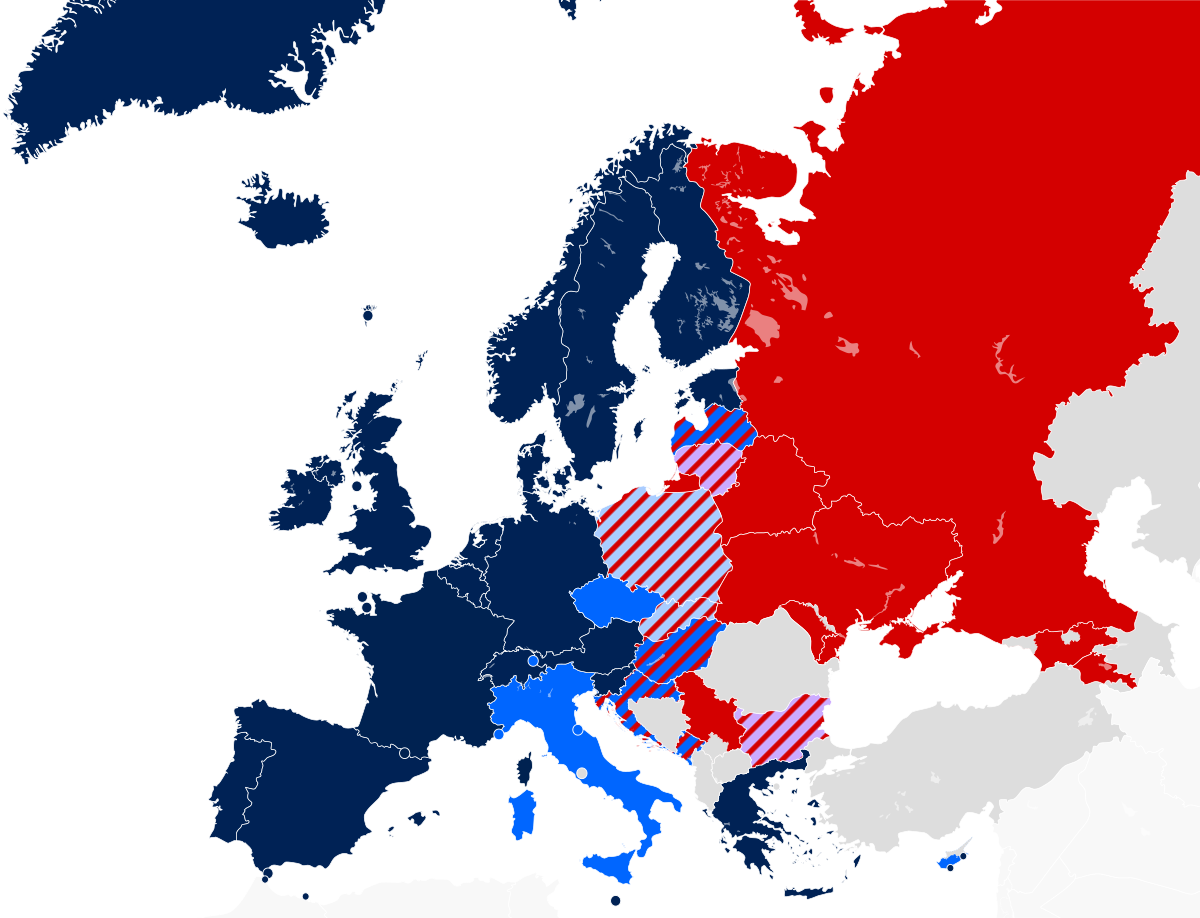 | ||
Liechtenstein has recognized registered partnerships since 1 September 2011.
Contents
Legislative process
On 19 November 2001, MP Paul Vogt (Free List) submitted a registered partnership initiative to the Landtag, which after long discussion referred it to the Government for its opinion. The goal of reducing discrimination was undisputed; rather the kind of recognition and the timing compared to neighbouring countries were cause for discussion. On 15 April 2003, the Government published its position on the matter; it compared the legal situation in Liechtenstein with European countries with recognition of same-sex couples (e.g. Germany had recently introduced registered partnerships), but also with neighbouring Austria and Switzerland, which had no legal recognition of same-sex couples at the time. As the Government saw no urgent need and preferred to await developments in Austria and especially Switzerland, it recommended rejection. On 14 May 2003, the Landtag discussed and rejected the initiative.
On 1 January 2007, registered partnerships in Switzerland took effect following approval by referendum on 5 June 2005.
On 17 September 2007, Amnesty International Liechtenstein submitted a petition calling for the legal recognition of same-sex couples. A subsequent motion put forward in the Landtag by the Free List party requesting that the Government introduce a registered partnership law similar to Switzerland's passed on 24 October 2007 with 19 representatives voting in favour and 6 voting against.
a. Part of the FBP-VU Coalition under Prime Minister Otmar Hasler.In December 2009, Minister of Justice Aurelia Frick announced that she would present the draft of the registered partnership bill in January 2010. The draft was presented in April 2010. After the consultation period for the bill finished on 16 July, a few items were amended as a result of the discussion.
The registered partnership bill (Lebenspartnerschaftsgesetz) has been described as very similar to the Austrian law passed in Autumn 2009. In August 2010, the Prince regent, Alois declared his support for the bill. On 23 November 2010, the Government formulated the final version of the bill, which was approved by Parliament in the first reading on 16 December 2010. It was passed in the second reading on 16 March 2011 and published on 21 March that same year.
a. Part of the VU-FBP Coalition under Prime Minister Klaus Tschütscher. b. Served as a substitute deputy for Günther Kranz in the afternoon session. a. Part of the VU-FBP Coalition under Prime Minister Klaus Tschütscher. b. Served as a substitute deputy for Günther Kranz in the afternoon session.Referendum
A group called Vox Populi (Voice of the People) announced its intention to force a referendum on the matter. According to the Constitution, the organization had until 21 April (30 days) to collect at least 1000 signatures. As the necessary signatures were gathered (1208 valid signatures), a referendum was held between 17 and 19 June 2011. The registered partnership law was approved by 68.8 percent of those who voted and thus went into effect on 1 September 2011.
Family name
In 2016, the Government of Liechtenstein reformed family name law. Registered partners are now allowed to have a common family name; however, it is simply called "name" as opposed to "family name" for married couples, thus keeping a distinction. The reform was discussed in the Landtag on 4 March 2016 in its first reading, and was approved in its second and final reading on 31 August 2016. It was published in the official gazette on 3 November 2016 and took effect on 1 January 2017.
a. Part of the FBP-VU Coalition under Prime Minister Adrian Hasler. b. Served as a substitute deputy for Christoph Beck. c. Served as a substitute deputy for Erich Hasler. d. Served as a substitute deputy for Wolfgang Marxer. a. Part of the FBP-VU Coalition under Prime Minister Adrian Hasler. b. Served as a substitute deputy for Christoph Beck. c. Served as a substitute deputy for Erich Hasler. d. Served as a substitute deputy for Wolfgang Marxer.Statistics
Eleven registered partnerships were performed in the first two years, following the entry into force of the law. This made up 2.7% of all unions celebrated in those two years. 8 partnerships were between male couples and 3 were between female couples.
